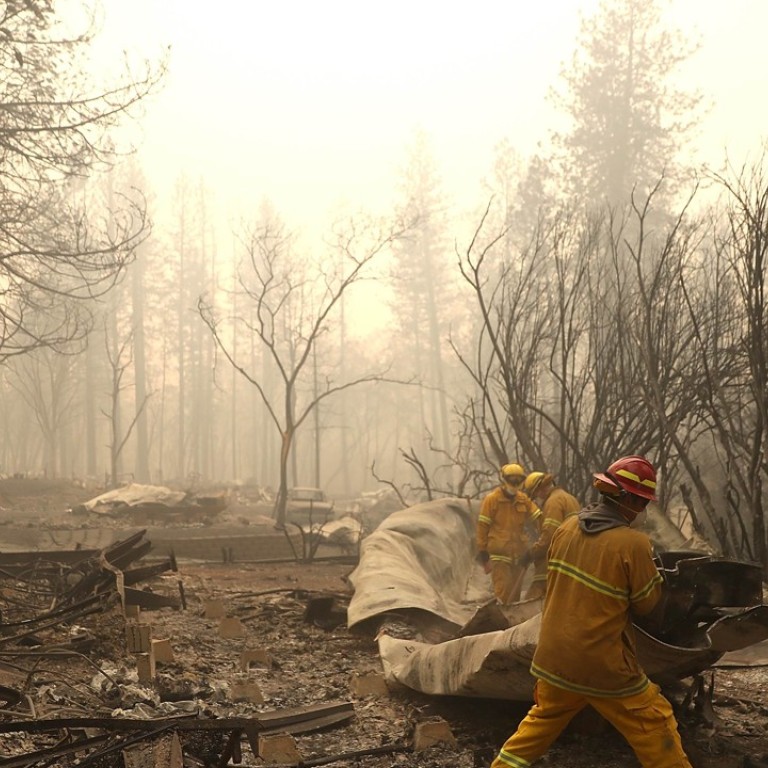
Beat bad air quality: three ways to cope with air pollution, from California to China
- With fires raging in California and smog blanketing Asian capitals, here are three ways to breathe easier
- We look at air purifiers, face masks and more holistic approaches
A lot of people are looking for ways to cope with bad air quality, whether it be smoke from forest fires in California, smog in New Delhi and Beijing, or a seasonal change in wind direction sweeping factory pollutants into Hong Kong’s skies.
So what are some of the practical steps you can take to protect yourself and ease your worries about the air you are forced to breathe? And what do the experts say?
California fires: in ashes of Paradise, they sift for victims with sieves
1. Face masks
Vogmask is an anti-pollution face mask designed for babies, children and adults. The firm started in California, in 2013, producing masks developed to protect partygoers from dust at the Burning Man festival, in the Nevada desert. The South Korean-made products claim to remove at least 99 per cent of airborne particles. The whole mask is a filter.
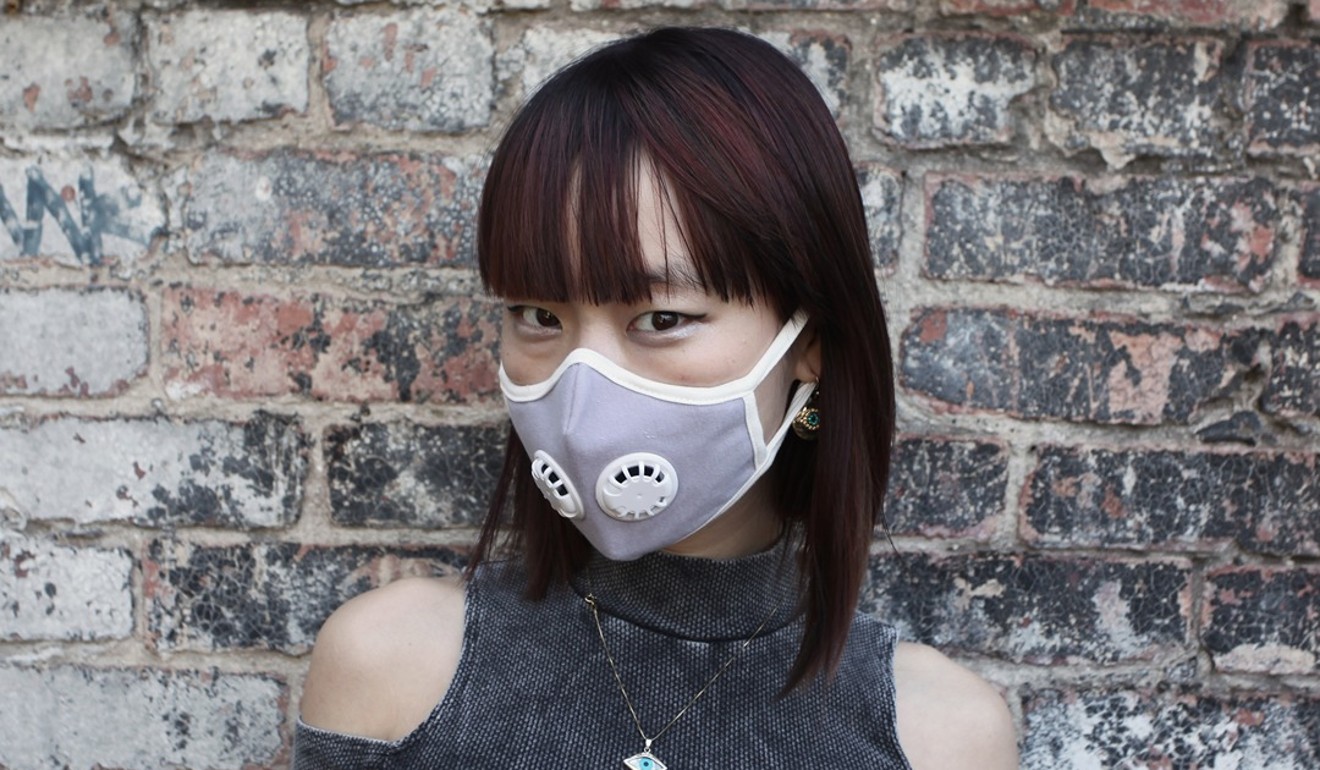
Dr Tian Linwei, associate professor at the School of Public Health, at the University of Hong Kong, has this to say about using face masks: “They prevent large particles. However, our noses also stop large particles. If you want to stop small particles, you need a very, very good mask, which takes a lot of pressure to breathe through. This can cause another kind of damage, which can be dangerous for the elderly and children.”
Five gadgets for cleaner air in your home – and your lungs
2. Air purification
Air purification is big business in Hong Kong. Hospitals, businesses, schools and homeowners buy air purifiers in the hope they will render indoor air safe. IQAir manufactures air purifiers in Switzerland. It is a well-known brand, not least because of its hefty price tag. Its bestselling model, the HealthPro 250, sells for about US$899.00.
“In the basic model, there are two filters,” says Amy Yeung Mei, marketing manager for Airtek, an agent of IQAir in Hong Kong. “The first is the pre-filter, which tackles the large airborne particles like PM 10 and dust particles. The second filter removes smaller particles like pollen, fungi, mould spores, bacteria and allergens. It takes out up to 99.97 per cent of [particles] 0.3 micrometer [in diameter]."
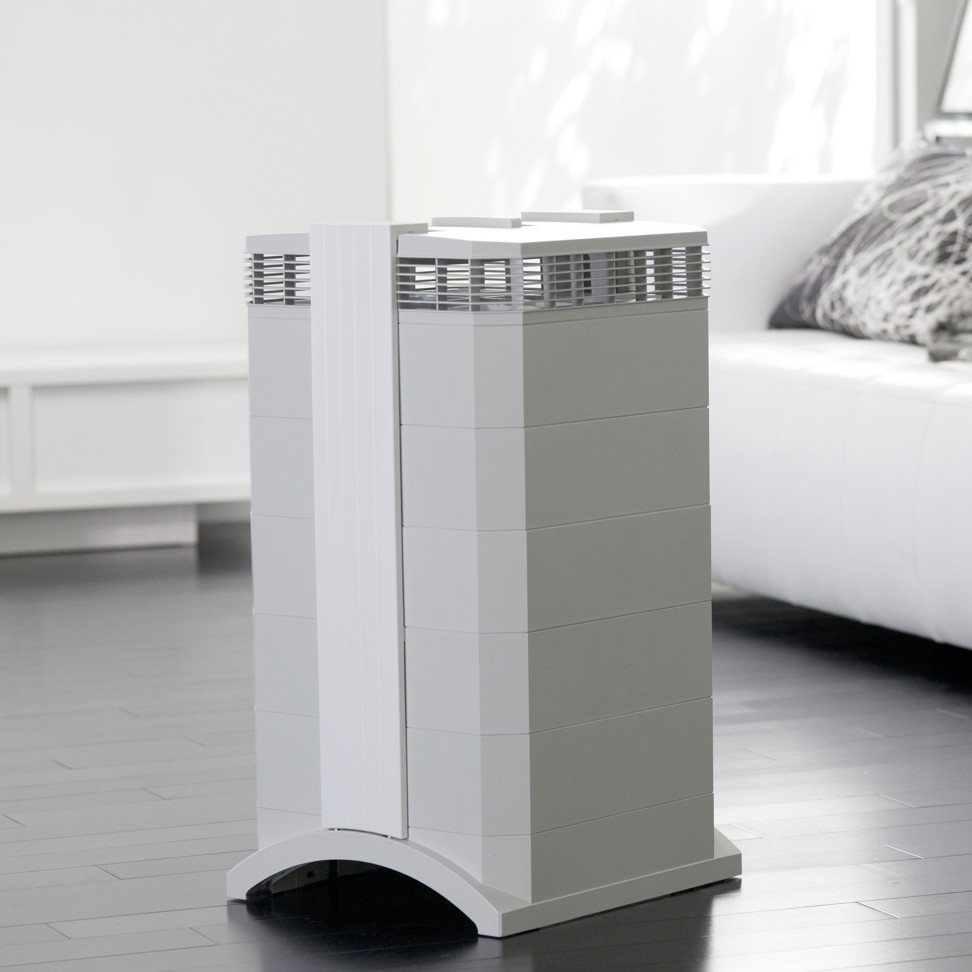
The machines can run on a similar amount of energy as a light bulb. One machine is needed in each room of a flat or house.
Dane Westerdahl is a research fellow at the Hong Kong University of Science and Technology and formerly a scientist at the School of Mechanical and Aerospace Engineering at Cornell University, in the US. He has undertaken many air pollution studies, in cities including Jakarta, Beijing, Milan, Barcelona and Los Angeles.
How bad is Hong Kong air pollution? New app reveals all in real time
“I feel sorry for people who are trying to do the best thing by buying an air purifier, because the marketing is not good,” he says. “It is very hard to be a well-informed consumer, no matter how sophisticated you are … Ninety per cent of these air purifiers are the same inside. They've got a fan and two or three levels of filter material. Personally, I would advise people to look for a [brand] they recognise from their household appliances in a price range they can afford.”
For those who cannot afford an air-purifying machine, Westerdahl suggests putting filtration material, for example, 3M Filtrete, which you can buy in hardware stores, into the filters of your air conditioner.
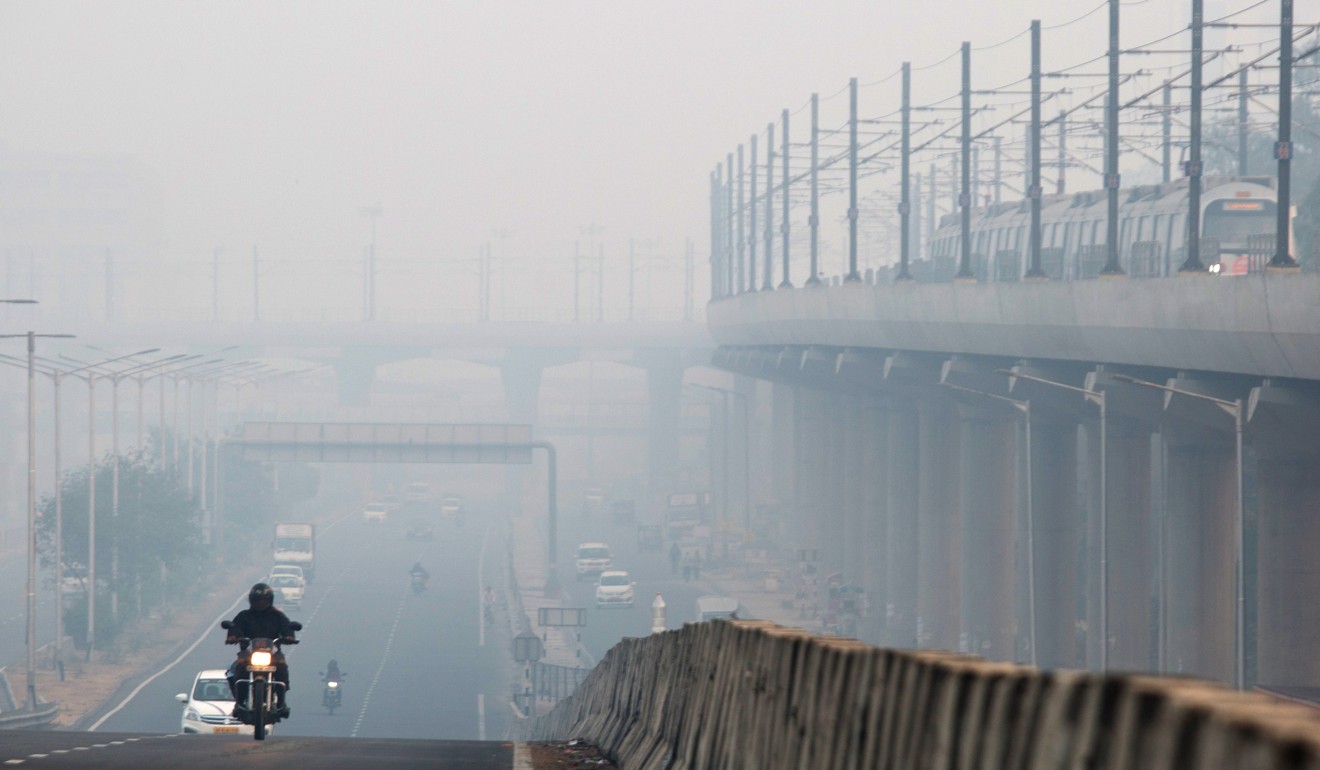
3. A holistic approach
Louise Buckley, a naturopathic and nutritional therapist at Loula Natural, takes a different approach to beating pollution.
“I don't look at apps,” she says. “If you walk around Hong Kong thinking, 'I can't breathe this horrible air', your body will react to that … The wrong attitude is worse than breathing air from China. A huge part of it is how you react.
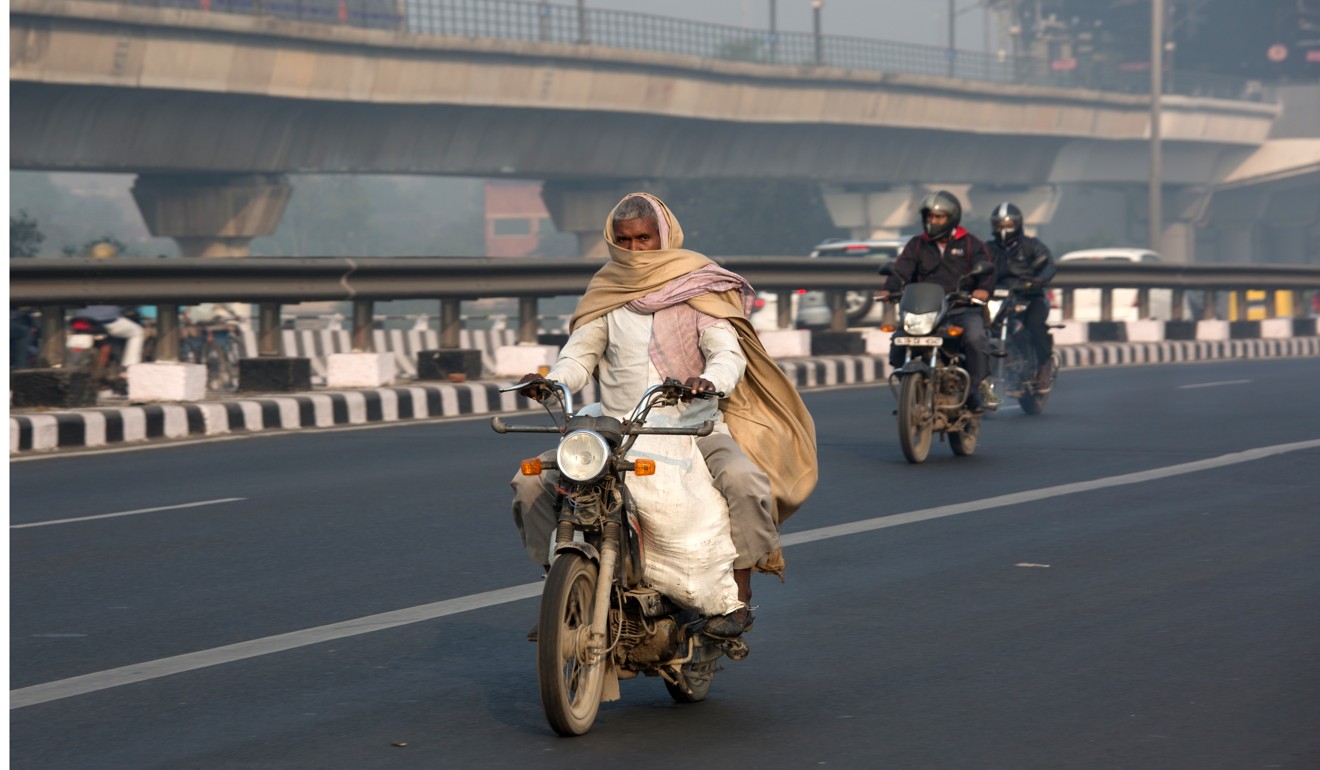
“The first step is to change your attitude. If it's smoggy, I support my digestive and immune system. Take Rescue Remedy to help calm you down, drink calming teas. We should be more centred on what we could be doing as individuals, our own nutrient levels and our own physical and emotional health, than worrying about an external thing that we have so little control over,” she says.
“I am not a fan of air purifiers because they create a sterile environment that we're not actually built to survive in,” says Buckley. “You take away bacteria and natural particles in the air, you change the very structure of the air around you. Your body starts to get very stressed because we've got our own mechanisms to do that filtration.
“Bacteria are the original immune system. Instead of trying to recreate that in a man-made way, we should be getting a naturally balanced bacterial environment back. It normalises us and reduces practically all chronic illnesses.”
She suggests consuming fermented food at every meal, filling your house with plants and examining carefully everything you put on and in your body.
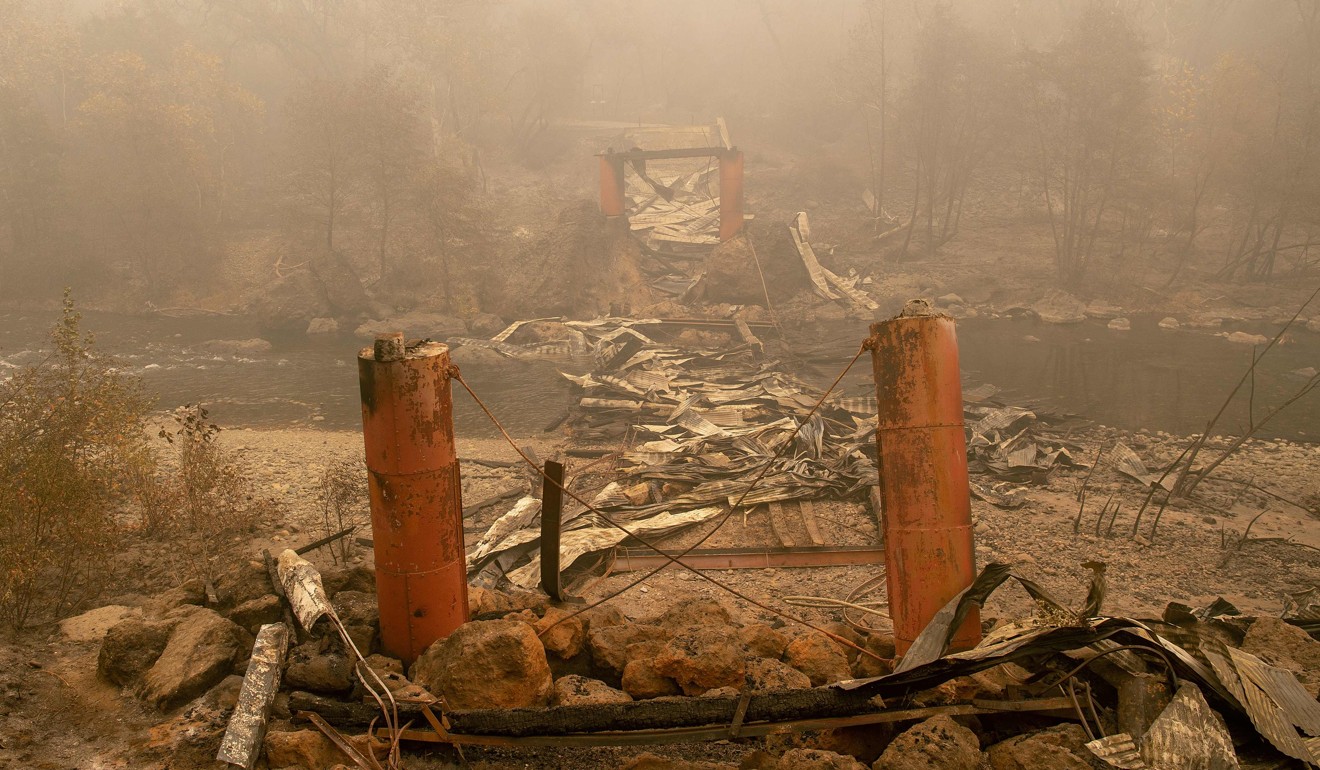
“Everyone's closing their windows and sticking on an air purifier thinking that it's giving the body a rest,” says Buckley. “In fact, it's stressing the body out because it's creating an environment that we're not supposed to live in. Astronauts live in sterile environments and get really sick. Eat more fresh, real food from good sources. Spend money on that rather than air filters.
“Change your body, not the environment. You cannot expect to buy an air purifier and your life will be better. You have to take more responsibility than that.”
This is an extract from a feature originally published in Post Magazine in 2015. Read the full story here.
